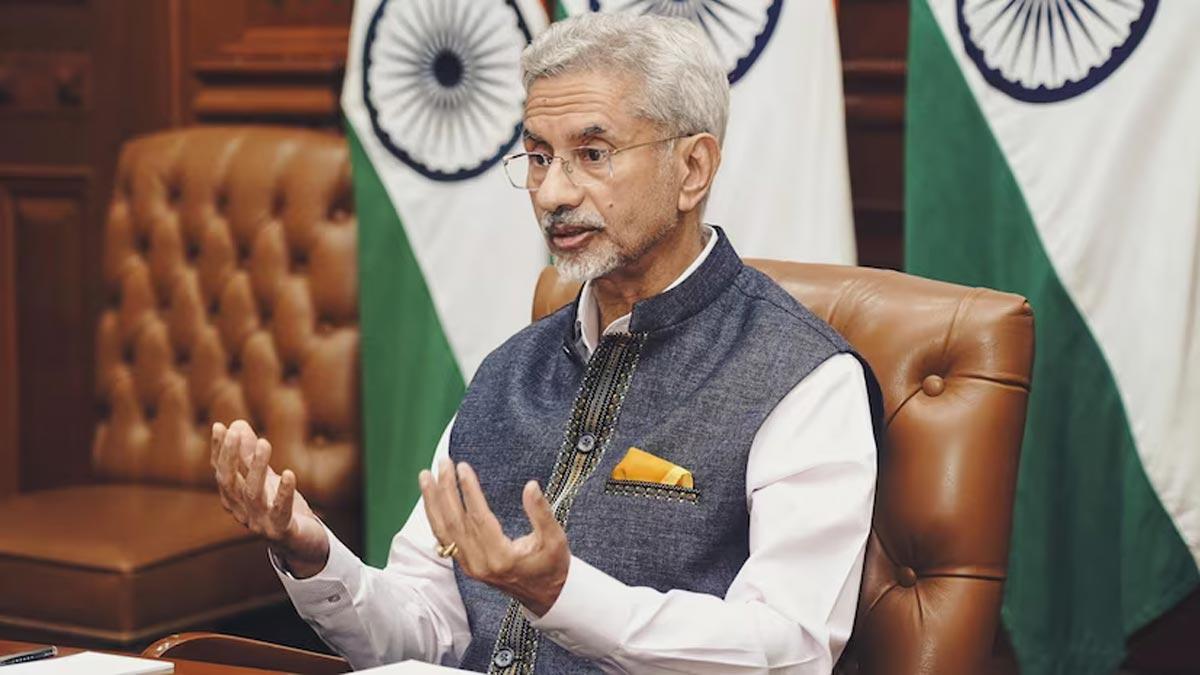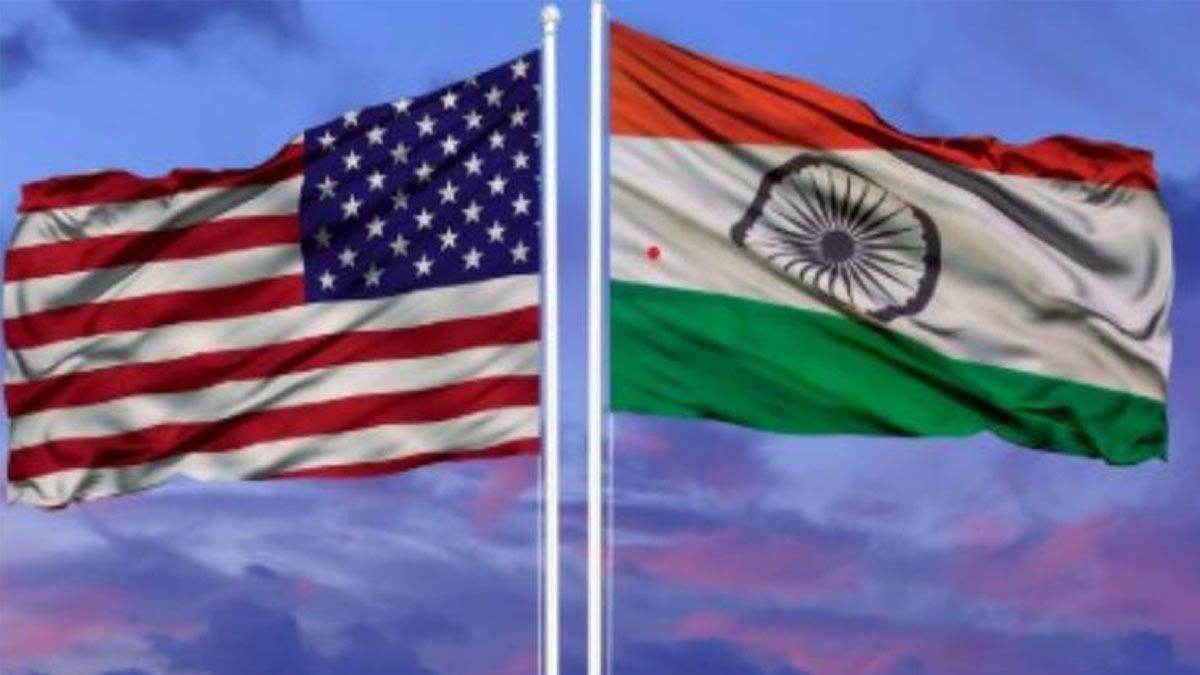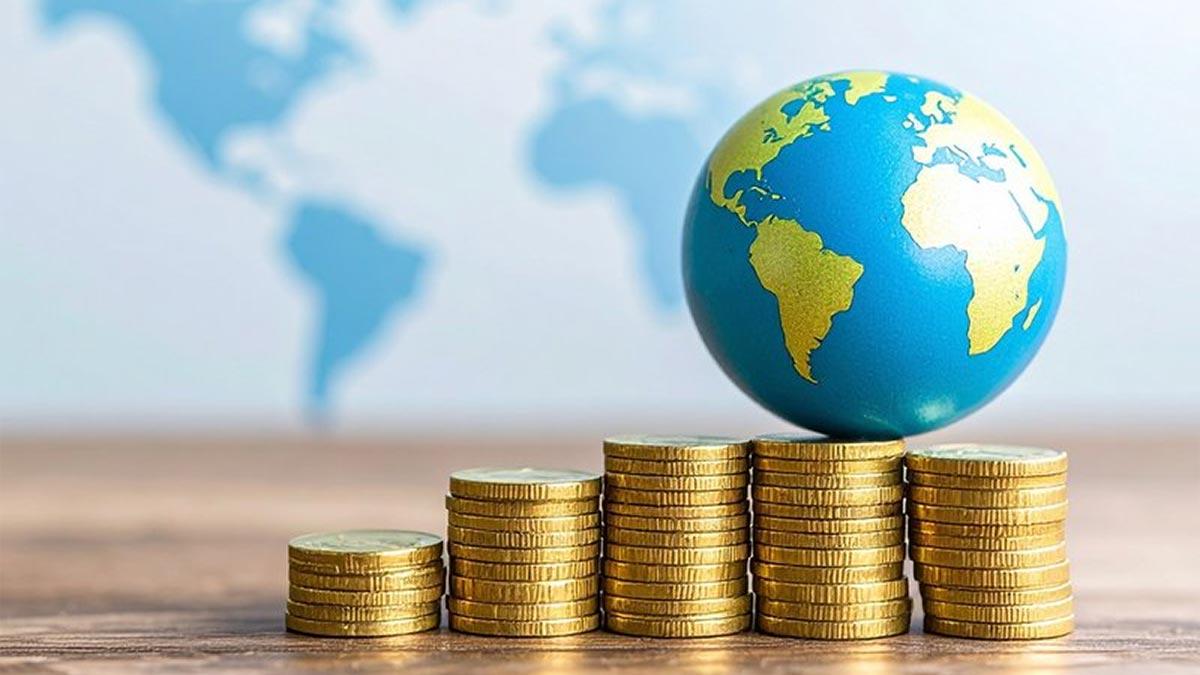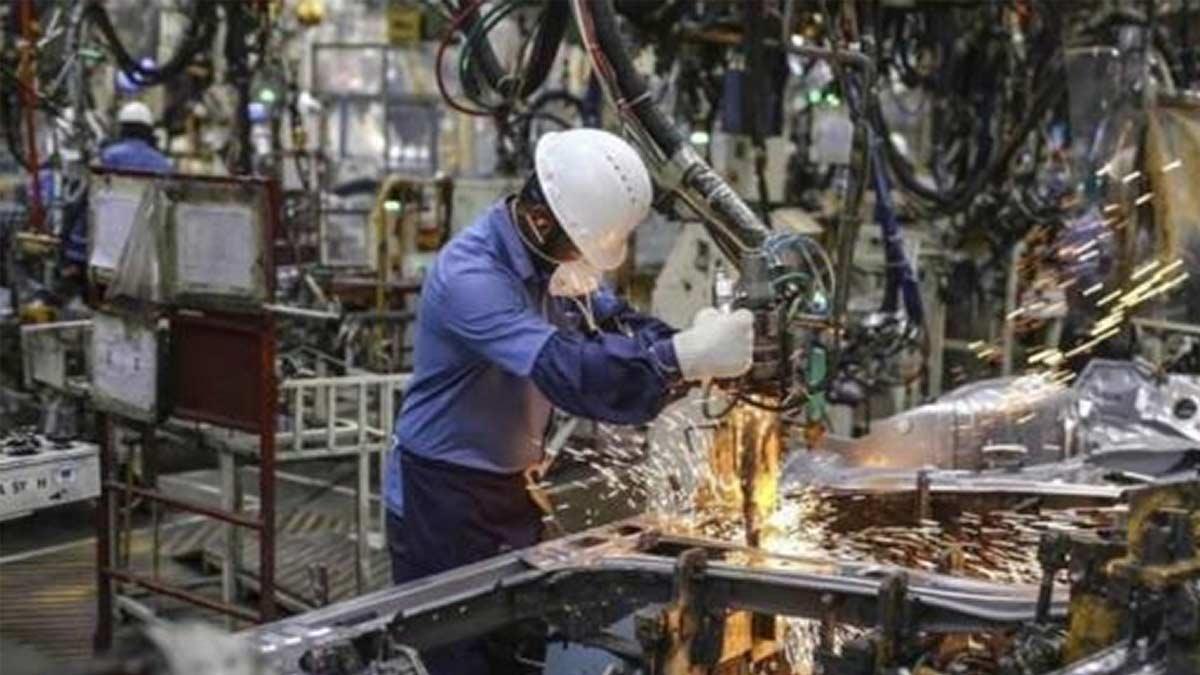External Affairs Minister S. Jaishankar on Wednesday said India has officially expressed its objections to U.S. Senator Lindsey Graham regarding the U.S. bill that would impose tariffs of up to 500% on nations importing Russian oil—actions that could substantially affect India's petroleum trade.
Reacting to media questions at a press conference in Washington, Jaishankar referred to the proposed law, which seeks to sanction countries maintaining economic relations with Russia, including energy commerce. Both India and China, given their large oil imports from Russia, would be hit directly.
"Any development within the U.S. Congress that may affect our interests is something we naturally keep a close eye on," Jaishankar said. "We have spoken to Senator Graham through our ambassador and embassy. Our energy security, our strategic requirements, has been made known to him," he added, as per ANI.
Jaishankar highlighted that India would react as it sees fit if the bill proceeds: "We'll cross that bridge when we come to it, if we come to it."
Senator Graham's proposal, which he referred to as having "bone-breaking sanctions," is intended to pressure Russia into peace negotiations or discourage any future aggression against Ukraine by sanctioning its trading partners. The bill has been said to have gained the backing of more than 80 U.S. Senators, which is sufficient to override a presidential veto.
According to Reuters, the bill provides for draconian tariffs against any nation that buys energy or other vital commodities from Russia. But it does contain a loophole that would exempt those countries actively supporting the defense of Ukraine, even if they maintain limited trade with Moscow.
Republican legislators sponsoring the bill are waiting for a signal from former U.S. President Donald Trump before advancing it, although there have been some questions raised over the far-reaching nature of its economic impact.
India has been justifying its continuance of importing oil from Russia ever since the war in Ukraine started, on grounds of national interest and energy security. New Delhi has stood firm against pressure from the West, maintaining that cheap energy remains essential to both its economic and developmental agendas.
Read also| India’s Pharma Exports Surge to $4.9 Billion in April–May, Reports Pharmexcil


















